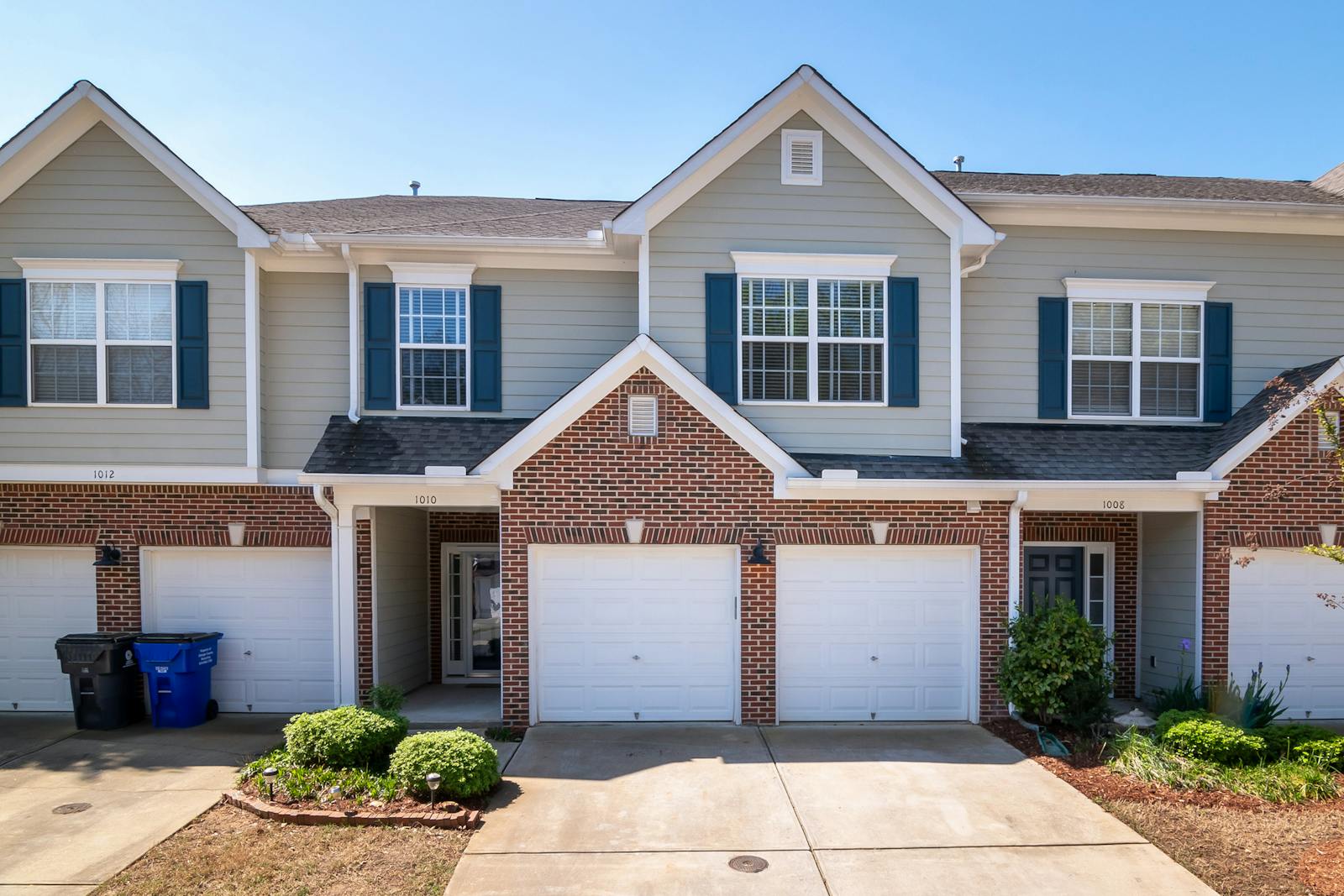Builder’s refusal to meet licensing requirements prompts urgent action to protect consumers
TORONTO, April 22, 2025 – The Home Construction Regulatory Authority (HCRA) has issued an immediate suspension order to TIL-KA Construction Inc. for failing to meet the seven mandatory competency requirements needed to maintain a valid licence. These competencies include financial planning and management, construction technology, and knowledge of the Ontario Building Code.
The HCRA issues immediate suspensions in exceptional cases to protect the public. An immediate suspension prohibits the company from engaging in any new home construction or sales activities in Ontario.
“Builders must meet competency requirements to demonstrate they have the knowledge and skills to manage their business and build safe, quality homes. In this case, the company lacked all seven of the required competencies and refused to comply with the law, putting prospective homebuyers at risk and undermining the rules,” says Wendy Moir, the HCRA’s Chief Executive Officer and Registrar.
The suspension order follows the company’s refusal to complete the mandatory HCRA-approved courses after the departure of its former director and officer – the individual who previously held the competencies.
The gap was identified during the HCRA’s annual licence renewal review. The HCRA granted a conditional licence requiring TIL-KA Construction Inc. to obtain the necessary competencies by a defined deadline – terms initially accepted by the company. Despite agreeing to the conditions and receiving clear direction from the regulator, TIL-KA Construction Inc. later withdrew its commitment and informed the HCRA it would not comply with the licence conditions.
“Homebuyers deserve confidence in their builder’s qualifications. As the regulator, the HCRA will continue to enforce professional standards for builders. We encourage consumers to verify a builder’s licence status and history on the Ontario Builder Directory,” says Moir.
About the HCRA
The Home Construction Regulatory Authority is responsible for regulating and licensing the people and companies who build and sell new homes in Ontario. The HCRA enforces high professional standards for competence and conduct in the homebuilding industry, giving new home buyers confidence in one of the biggest purchases of their lives. The HCRA also maintains consistency across the sector, curtailing unethical and illegal builders.
In addition to licensing, the HCRA provides educational information for consumers on their home buying journey and hosts the Ontario Builder Directory – the authoritative source of background information about each of Ontario’s 7,000 new home builders and sellers.
Disclaimer
The information provided on this blog is for educational purposes only. It is not intended to be, nor should it be construed as, legal advice, financial advice, or a recommendation for any specific course of action. The content shared here is based on the personal opinions and experiences of the blogger, and it may not be applicable to your individual circumstances. For professional guidance tailored to your specific needs, please consult a qualified expert.
For further questions or clarifications, feel free to contact the blogger directly via messaging: source hcra website .





